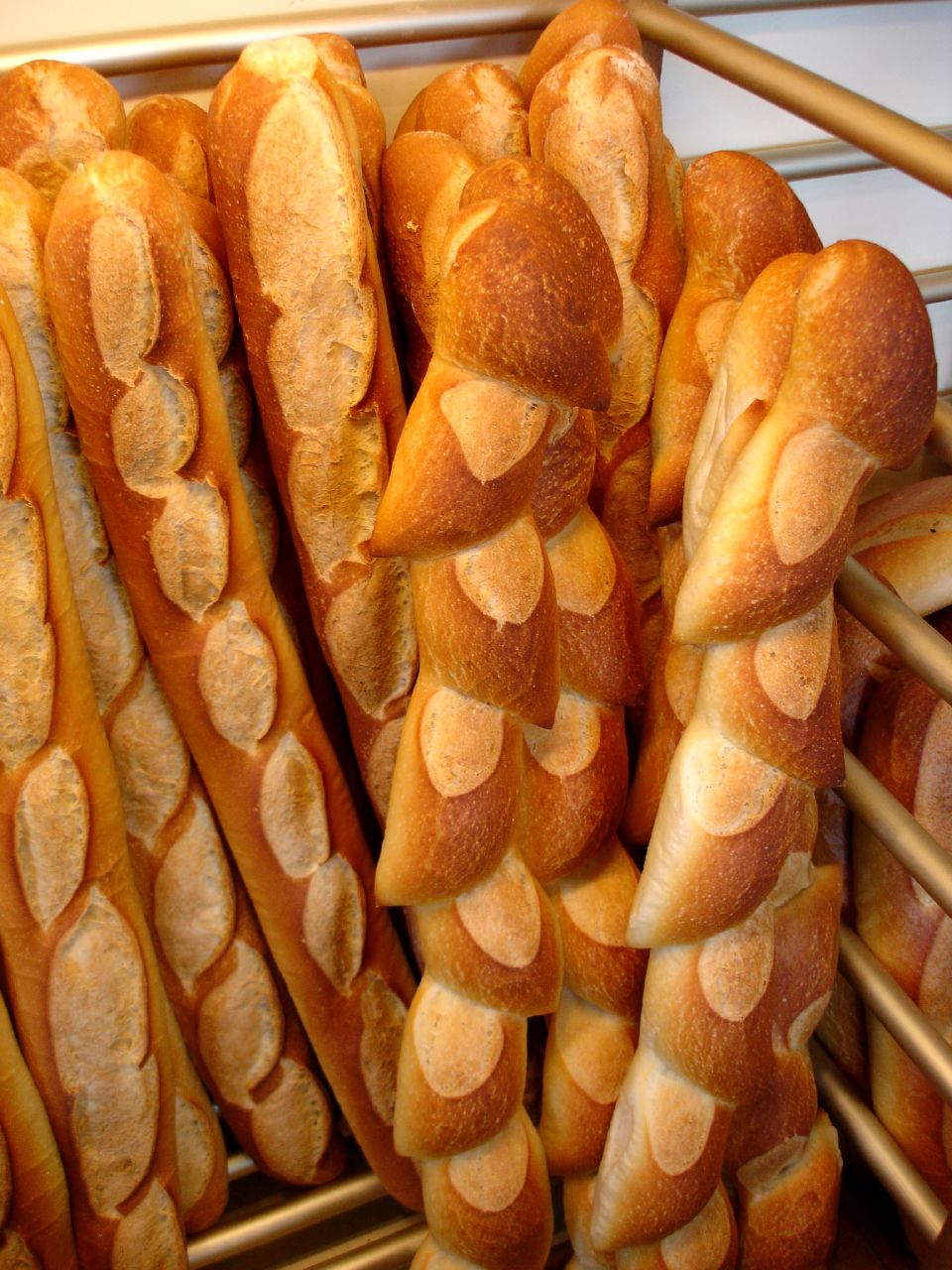Causes Of The Revolution

King Louis XVI was crowned at a time when the French were on the edge of bankruptcy, and would try for years to clean up the mess that he inherited. He would, however, keep spending as is if they were not 12 billion livres (their currency) in debt. His fear was that he would look weak to other countries and cause them to attempt an attack at that point. He would end up fighting with the nobles over every change because they refused to budge in paying any taxes, no matter how they were formatted. Eventually, Louis XVI would bring in a popular finance minister named Jacques Necker (1776) to try to fix this issue. While he wasn’t the first to fix this issue, he was by far the most popular among the people and would, himself, become a catalyst of the revolution. He would try a host of different ideas to help alleviate French economic issues, some which helped slightly and some that hurt them dramatically (like signing off on helping the Americans in their revolution). His most popular idea was to raise taxes on the nobles; a concept that would make him popular with the people but amazingly unpopular with the nobles themselves. Louis would eventually dismiss him because his policies weren’t fixing the economy, but the people would become very upset at the King for doing this.
One of the causes of French economic issues that is often ignored in textbooks is the sheer number of wars they had been involved in during that era. Both the 7 Year War and the American Revolution had been huge campaigns that cost millions of livres to the French at a time when they couldn’t afford it. These campaign were usually paid for through high interest loans from other countries, which meant that they would end up
Europe was hit with a series of crop failures in the 1780’s that made it much harder than before to obtain enough food to provide for families in this time period. The lack of food would make the prices skyrocket, which caused major riots from people who believed that the nobles were simply keeping the food for themselves. Ironically, the French had even had a major riot on the exact day Louis XVI was coronated as King of France (1774). Recent meteorological studies have realized that Europe had gone through what is referred to as a little ice age during the winter of 1783, though it was actually an El Niño cycle. Most other countries started to plant potatoes, because they were much easier to grow in tough climates, but the French relied so much on bread that they kept planting grain instead. When the grain crops started to fail this stalled the economy as the government shut down granaries to try to regulate the amount they used. In 1789 alone the price of bread rose 67%, which caused much of the population of France to move to Paris in the hopes of finding food for themselves. It was during these amazingly tough times that the revolution would spark and be led by many of these starving people
